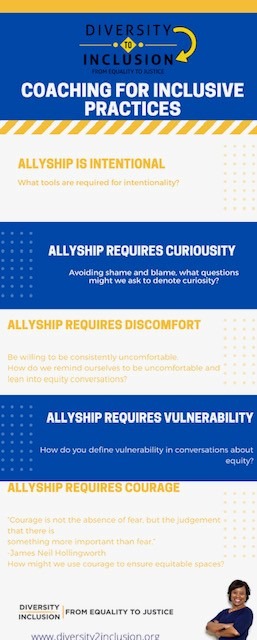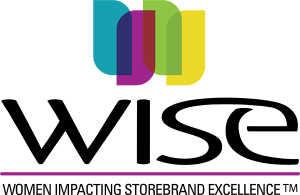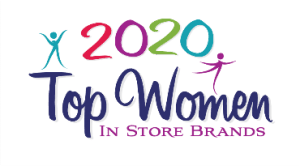Subriana Pierce: Advocating for the Importance of Black and Minority Businesses
August is National Black Business Month and our opportunity to recognize the Black-owned businesses across the country. Black business owners account for about 10% of U.S. businesses and about 30% of all minority-owned businesses. Numerous resources state that black-owned businesses have been hardest hurt by COVID-19 shutdowns. A study by Robert Fairlie, University of California, Santa Cruz & NBER, suggests that 41% of Black-owned small businesses have been shuttered, and may not return, a statistic that is vital to many communities.
A barrier to these businesses returning is a disproportionate lack of access to funding through loans and inability to move their service business to an online model. Consumer support of these businesses is crucial. WISE reached out to Subriana Pierce, founder and managing partner of Navigator Sales and Marketing, to discuss the importance of identifying as a Black-owned business and explain some of the challenges that identification can hold. Subriana has an extensive career in the grocery industry and is a powerful advocate for minority-owned businesses. She was recently featured in Insight Success as a top businesswoman to watch in 2020.
Subriana emphasizes why it is important for businesses to identify as minority owned. “The essence of a brand is who you are and what you stand for. Your business is a brand, part of a story of who you are, and how you got to where you are today,” she said. She also recommended certifying your business as minority owned as it allows you to participate in retailer [buying] programs. She further encourages everyone to “tell your story. That story is your point of difference.”
While identifying as a minority owned business is an important piece of a company story, Subriana knows that unconscious bias can appear anywhere. There are factions that believe minority owned businesses have an unfair advantage in winning contracts with their certification. “Retailers should buy from the best! But many times, women and minority owned business do have the best products. Only 3% of venture capital funds are given to women and 1% to African Americans. Can you imagine how difficult it is for them to even get to the point to launch a brand? It's an opportunity to help support a wealth gap. This is our chance to give back. It helps us celebrate culture, celebrate a family's legacy and to be a part of this support.”
Compounding any unconscious bias a minority owned business faces is the current social conflict. Subriana is very vocal about the recent cultural unrest and how it is impacting people personally and professionally. While a spotlight has been placed on systematic racism in our country, discrimination is nothing new. As a professional, Subriana has experienced discrimination herself. “Back when I was running a store, I was constantly asked to ‘see the manager’ when vendors came in. I was the manager. It shocked them as they just couldn’t understand how a Black woman could be in a leadership role.” Not only has Subriana encountered discrimination professionally, but also personally. When moving into a new neighborhood, “A notification went out to ‘alert’ neighbors that a Black family had moved in.” Subriana’s advice to any minority is to recognize that there is bias everywhere. “Anticipate the bias and use it as an opportunity to educate,” she adds.
In addition to being an advocate and role model for Black and minority owned businesses, Subriana took offering support to the next level by creating the Navigator Lighthouse Foundation with her husband Allen. The couple are food brokers and their foundation is tailored to support Black, women and/or minority owned brands that are working to launch in the market with education, scholarships and grants. They are also providing consulting services to retailers on minority relationships, and developing minorities and women through their system. “Helping women-owned business, minority-owned businesses, family-owned businesses,” Subriana said. “That was always our passion, and that was always what we built the company on.
Click here to learn more about Subriana and Navigator Lighthouse Foundation.


